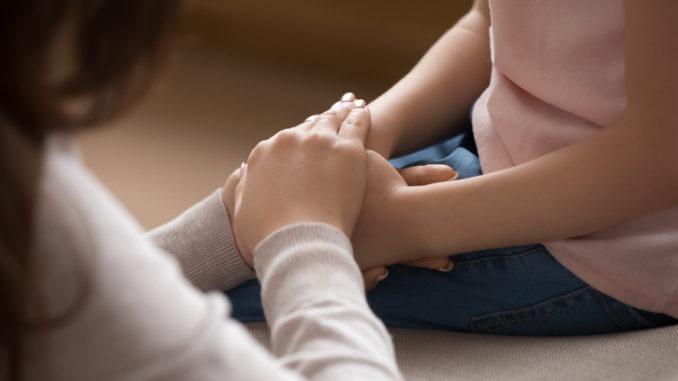
As reported by BBC news, fewer than half of state schools in England offer counselling for pupils on site in the wake of the coronavirus lockdown, a study by the Institute of Public Policy Research has found
The research found that fewer schools offer such services now than in 2010 and schools in more deprived areas were most likely to have lost out. It wants a national entitlement to mental health support in schools.
The government says it is investing in mental health and children’s wellbeing. But John Trickett, Labour MP for Hemsworth, who has been campaigning with counselling organisations on the issue, said he was very angry about the lack of access, despite government pledges.
“The fact that some schools in more deprived areas haven’t been able to offer counselling and other pastoral services isn’t surprising in this context, but it is wrong, unfair and should make people’s blood boil,” he said.
“This generation of school and college children have already experienced unprecedented upheaval in the last six months.”
There has been a huge increase in young people struggling with mental health issues in recent years, and a further spike in cases related to lockdown is expected by many groups working with children.
General secretary of the National Association of Head Teachers Paul Whiteman said mental health support teams were a vital aspect of improving access to mental health support, but progress to develop these had slowed. He added: “It has never been more important for young people to get the support they need, but it still appears that it is a lottery. The government urgently needs to step in to correct this.”
The IPPR based its findings on a survey of nearly 7,000 teachers in state and private schools, weighting the results to reflect the national picture. Some 48% of the teachers polled said their schools offered counselling on the school site.
Allowing pupils to access counselling in school is important because it reduces the lesson time they will miss if they have to travel elsewhere for appointments. It also helps staff can understand whether the pupil is dealing with an ongoing issue. Also, teachers, parents and head teachers frequently say they find it difficult to access the support services they need for their children.
Waiting lists for support through the NHS can be long, and young people often need to be severely impaired before they are approved for help.
Harry Quilter Pinner, IPPR associate director and lead author of the report, said the pandemic had highlighted inequalities in society and the very real needs of children.
“Many schools are unable to provide the support young people need to thrive.
“Without urgent government action to ensure every school can provide vital services such as counselling and after-school clubs there is a profound risk that the legacy of the pandemic will be even bigger educational and health inequalities.
“The government has started to put in place some support for young people in the wake of the national lockdown. But it can and should go further – the pandemic should be seen as an opportunity to ‘build back better’.”
The Department for Education pointed to its £8m training programme for schools to access the knowledge and resources they need to support children and young people, teachers and parents.
The Wellbeing for Education Return programme, which started in September, will support staff working in schools and colleges to respond to the additional pressures some children and young people may be feeling as a direct result of the pandemic. These include bereavement, stress, trauma or anxiety.



Be the first to comment